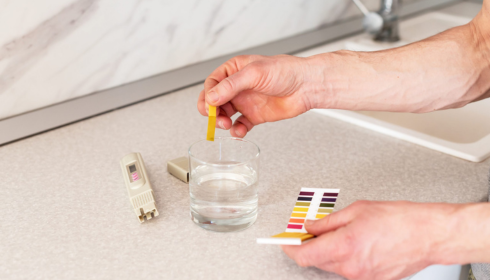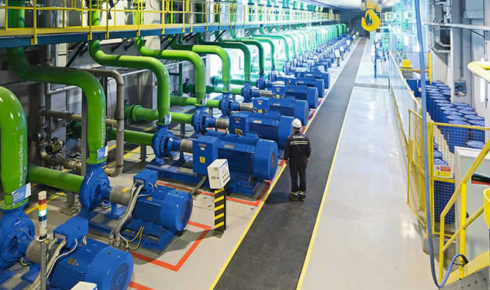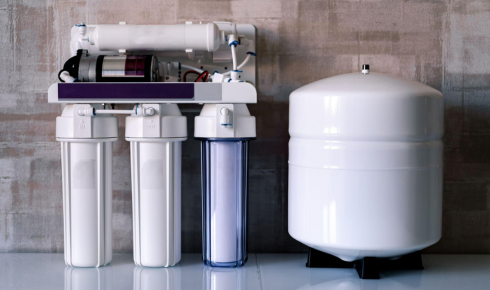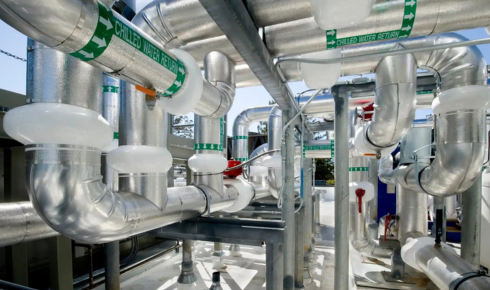Water is one of those everyday essentials we rarely think twice about. You turn on the tap, fill a glass, and trust it’ll do its job—hydrating you, cooking your food, or running your appliances. But beneath that clear liquid is a complex story. Water carries minerals, microbes, and sometimes contaminants we’d rather not imagine. And here’s the kicker: not all of them have a taste, smell, or visible sign. That’s where professional water testing comes into play, particularly when you want results you can actually trust.
The Subtle Dangers You Can’t Always See
Most of us are conditioned to believe that if water looks clean, it must be safe. Unfortunately, that’s not the case. Private wells can be influenced by runoff, faulty casings, or even shifting ground conditions. Municipal water isn’t immune either—it can pick up contaminants as it travels through older infrastructure.
Chemicals like arsenic or nitrates don’t alter the taste, yet they pose serious health risks over time. Even naturally occurring minerals, when present in excess, can cause problems ranging from clogged pipes to long-term health concerns.
It’s a reminder that water is living and dynamic, changing with seasons, rainfall, and human activity. What tested fine last year may not hold the same clean bill of health today.
Why Independent Verification Counts
You might wonder: can’t the city or state just handle all of this? Sure, municipal systems are tested regularly, but they’re also dealing with broad averages, not the specific water that ends up in your kitchen sink. And private wells? Those are left entirely to the homeowner.
That’s where an unbiased, third party water testing service steps in. Unlike DIY kits or self-reported results, independent labs follow strict protocols to ensure accuracy. They’re not selling you filters or treatment systems; they’re simply telling you what’s in your water, plain and simple. That objectivity matters when your family’s health is on the line.
The Human Side of Testing
It’s not just about numbers on a report—it’s about what those numbers mean for real people. Imagine the relief of a parent learning their water is free of bacteria after a heavy storm. Or the clarity a homeowner feels when they discover their water hardness levels explain the stubborn buildup on shower glass. Testing turns confusion into actionable knowledge.
And there’s comfort in having a neutral voice explain what you’re dealing with, rather than trying to decode cryptic terms from a store-bought test kit.
Services That Simplify the Complex
Some labs have built their entire reputation on making water science accessible. Companies offering McLeod EcoWater water lab services don’t just hand over technical printouts—they walk homeowners through the results. They connect the dots between the chemistry and the lived experience: why your dishwasher keeps breaking down, why your skin feels dry, or why your garden isn’t thriving like it used to.
By translating data into practical advice, they bridge the gap between raw science and daily life. It’s this combination of precision and empathy that makes professional services stand out from a quick online kit.
Local Labs and Why They Matter
Not all water is the same, and neither are the risks. Geography plays a huge role. In farming regions, nitrates may be the top concern. In older towns, lead can creep in through dated pipes. In coastal areas, salt intrusion is sometimes the hidden culprit. That’s why local testing facilities often have the edge—they know what to look for based on regional history.
If you’re in the area, you may have already come across recommendations for a third party water testing lab Selwyn, where professionals combine local insight with industry-standard methods. It’s like having a mechanic who knows the quirks of your car model inside and out. Their context makes the testing even more valuable.
Common Issues People Discover
What usually shows up in reports? The list might surprise you. Iron and manganese, which stain laundry and sinks. Hard water minerals like calcium that wreak havoc on appliances. Coliform bacteria that pose potential health hazards. Even radon, in some regions, makes its way into groundwater.
And while these findings might sound scary, the upside is that every issue has a solution. From basic filtration to advanced reverse osmosis systems, today’s treatment options are more efficient and affordable than ever. But you can’t fix what you don’t know, which is why testing is step one.
The Cost Question
Some people hesitate because of the price tag. A comprehensive test can run anywhere from a simple bacteria screen to an in-depth chemical analysis that costs a few hundred dollars. But here’s some perspective: how much do you spend on bottled water each year because you don’t trust your tap? How much would a new water heater or washing machine cost if minerals keep wearing them out?
When you weigh the costs against peace of mind and long-term savings, testing often feels like a bargain. It’s one of those investments that quietly pays for itself.
Building Confidence for the Future
There’s also the benefit of consistency. Once you’ve tested once, you’ve established a baseline. Repeat the test a year later, and you’ll know if anything’s shifted. Over time, this builds a water history for your home. You’ll see trends and catch changes early, long before they spiral into larger concerns.
And if you ever sell your home, a recent water test can even be a selling point—proof that you’ve taken care of one of the most overlooked aspects of property maintenance.
The Bigger Picture
Testing your water isn’t just about your household. It’s part of a larger story about community health and environmental responsibility. When multiple homeowners in a region get their water tested, patterns emerge—patterns that can alert local governments or prompt community-wide solutions.
It’s proof that caring for your water isn’t just a personal responsibility but also a collective one. What seeps into the ground or flows through aging pipes doesn’t stop at a property line.
Closing Thoughts
At the end of the day, water testing isn’t about fear—it’s about knowledge. And knowledge, especially when it comes from independent and trusted sources, is empowering. It takes the guesswork out of something too important to leave to chance.
Whether you’re relying on a private well, curious about municipal water quality, or simply tired of wondering if your tap is as clean as it looks, independent testing is the way forward. It gives you the clarity to act, the confidence to trust, and the peace of mind that every glass you pour is exactly what it should be—safe, clean, and refreshing.




